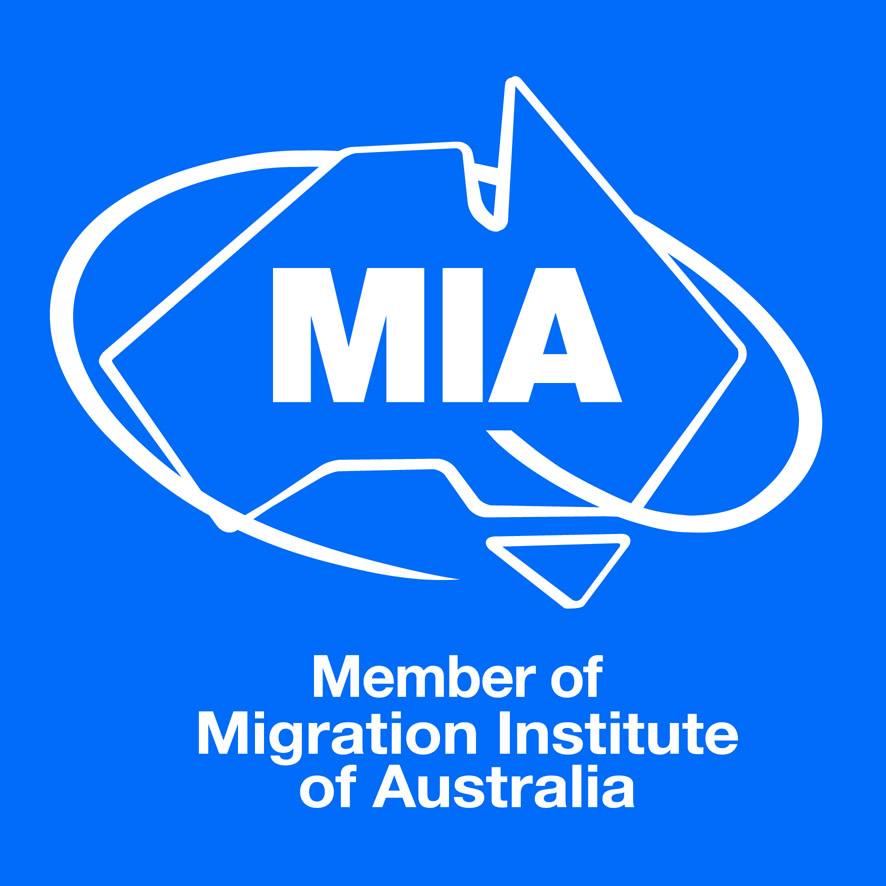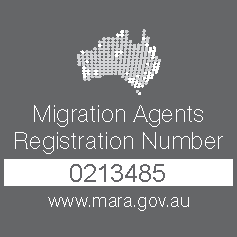6 Realistic Tips from recent migrants to Australia
When you’re moving to a new country, it’s wise to do some preparation in advance. Migrants entering Australia are often surprised at the lifestyle here and the different approach to how things are done.
Schools, the medical system and even driving may not be what you’re used to. Here at Visa Solutions Australia, we’ve come up with some top guidance to help you settle and to learn a little more about the way we do things here.
Cost of living
The cost of living in Australia is generally higher than in Europe, but a lot depends on the exchange rate. Food and groceries are a little more expensive along with electricity, although in recent times people have invested in solar panels which helps to bring the costs down. Prices of houses vary from city to city; public transport is very reliable and cheap although petrol is slightly cheaper than other worldwide destinations. Wages are higher, which helps to compensate for the high cost of living. To find out more go to numbeo.com which gives a detailed breakdown of costs.
Education
Just like most other countries, Australia has both a public (state) and private system of schooling. West Australia probably has more private schools than most other states. To attend a public school, you’ll need to live within the catchment area.
Children start school at kindy level which is age five and most complete year 12 by age 18. Academic students will take an ATAR and go onto university with others going to a technical college to learn a trade (TAFE).
If you are here on a visa you will have to pay state school fees which can be up to $4,000 a year. If you become a permanent resident, although state schools are technically free, you will still be expected to make contributions up to $1,200 a year per student.
Private school fees cost anywhere between $8,000 and $23,000 a year and can be 50% higher for non-residents. Most of the private schools are affiliated to a religious denomination. Of all the private (independent schools in Australia), 94% have a religious affiliation according to recent figures from the Independent Schools Council of Australia.
Driving
If you want to drive in Australia, you’ll need a state driving licence. In WA, permanent residents must get their licence within the first three months of arrival. Australians drive on the left-hand side of the road. Check the speed limits as police are very strict on those who flout the law. Most built up areas are 50km an hour and highways either 100km or 110km.
There are plenty of cars for sale and if you own a car you need to ensure you pay for its Rego (vehicle registration) every year. This is the Australian state government tax, each state charges a different amount but somewhere in the region of $700 to $1,000 annually.
The Rego covers you for third party insurance, but non-personal injury costs are not covered, so you are strongly advised to take out further cover.
Rental or buying?
Most people move into rented accommodation on arrival. Rent is often quoted by the week and for a four bedroomed, two-bathroom property can be anything from $500 upwards.
Leases are usually from six to twelve months and expect to pay a bond of four weeks of rent plus the first two weeks rental money. Most rentals are unfurnished.
The process of buying a house in Australia is a lot quicker than other countries. If you’re a permanent resident, there are very little to no restrictions to buying a property, but if you are on a visa you have to apply to the Foreign Investment Review Board for permission.
Employment
Many migrants find it slightly harder to secure employment, however qualified they may be. In WA people secure jobs through networking. There is one main jobs board called SEEK and it covers the whole of Australia, you can filter down your search to find the right position for you. Just like most other countries, there are also recruitment agencies which can also help to find you work.
Once you start work you will need a TFN which is a Tax File Number and you can easily apply for one of these through the Australian Taxation Office website. Every year, you will need to complete a tax return, whether you are self-employed or employed. Often, you’ll get something back and most people use a tax agent to complete the form, with the savings usually justifying the cost.
All employers contribute to a super fund or a pension pot. The minimum amount is 9.5% of your annual salary. Some jobs advertise this as part of the salary package so be sure to read the small print carefully before you sign a contract!
Health
If you become a permanent resident, you will be entitled to Medicare services which will cover most or all of your doctors’ fees. If you find a surgery which is bulk billed, you won’t have to pay. Many Australians buy private health insurance policies otherwise they can face a long wait for surgery etc.
It is recommended to get ambulance cover as a trip in an ambulance is costly if you’re not insured and gives you peace of mind.
If you arrive on a temporary work visa or a study visa, you won’t be eligible to be treated under the public health system Medicare. However, some countries like Ireland and England have reciprocal health agreements which means you’ll be covered for any emergency care. GP’s will write out prescriptions, but the medicine will come from a chemist.
This checklist will hep you to navigate your way around your new life in Australia. If you are contemplating a move to Australia, speak to one of the team at Visa Solutions Australia who can assist with all your requirements.
Call us today on +618 9328 2664 or National Toll free 1800 828 008
We are in the business of solutions, no problem too big or too small.







